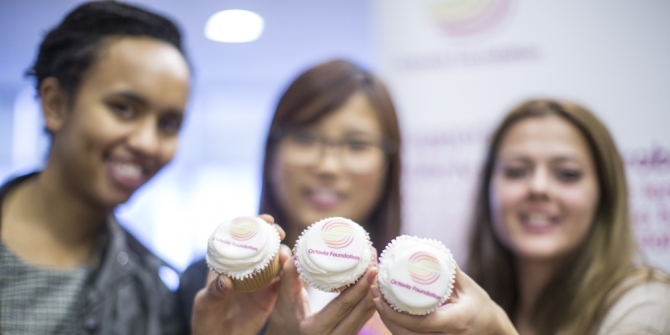Don’t be too hard on yourself if you don’t land the job offer straight away. Treat every job application and interview experience as preparation and learning. Always ask yourself, how can I improve my performance for next time? What can I learn? Waiting to hear about a job offer can cause anxiety but keep moving forward and prepare for other opportunities. You will meet hurdles along the way but keep going; it’s a marathon not a sprint…Stay positive and resilient.
It might be useful to reflect on which point are you dropping out of the job process – is it the application stage, telephone or video interview, face-to-face interview or assessment centre?
Reflect after each stage
Hindsight is invaluable. Think about the questions asked, the examples and stories you presented and evaluate how the interview went overall. It can easily be forgotten, so take the time to reflect and take note throughout the application process, reflect on how you can perform better going forward, critically evaluating your performance.
- What went well throughout your job search and specifically your interview?
- What didn’t go so well?
- How can learn from the experience and what would you do differently next time?
Investment in any application process can be energy depleting especially if it’s your dream job. It can then be disappointing to receive a rejection. It’s OK to feel disappointed, this is very natural so take the time to acknowledge the emotions but then move forward.
Respond positively and professionally…
For example with a thank you note, as despite the rejection and disappointment it’s good especially if it’s an organisation you want to work for in the future. It’s likely another position will open in time, so nurture the connections you make.
There may be an opportunity to ask for feedback, and where possible, learn from this. It’s a gift, take from it what you wish, you may agree or agree to disagree but see how you can use it to improve your future performance. You might not always get feedback from the company but you can still ask yourself some of the questions below:
- How did you present yourself? Are you tailoring your experience to what the employer is looking for? If you have a skills gap or lacking specific experience, how can you build your profile or experience during your time here at LSE or after graduation? Research and reflect and know what you need to perform well on the job.
- How prepared were you? Preparation is key, have you researched the company and prepared your examples? They are assessing why they should hire you, so think about the value you bring? What relevant skills you have gained through your academic, work and extra-curricular experiences?
- How enthusiastic were you? Interviewers want to see that you are excited and motivated to carry out the role. It’s ok to be slightly nervous, it’s natural but try to be yourself, authentic and genuine.
- Have you considered other options? Maybe applying for roles upon graduation is not the route you wish to take; if so have you considered applying for a postgraduate programme?
A positive example
On a positive note, WhatsApp Founder Brian Acton got rejected by both Twitter and Facebook before the WhatsApp $19 Billion Buyout. After working as the Vice President of Engineering at Yahoo!, he applied to work at Twitter but got rejected in May 2009. He then applied to Facebook a few months later and also got turned down. After these harsh rejections, he decided to build a startup with his Yahoo! colleague Jan Koum. And after about four years their company WhatsApp sold for $19 billion to Facebook.
So rejection isn’t always a bad thing, and offering and accepting a job offer is a mutual process. Maybe it wasn’t the right opportunity for you but think about what you can take from the experience. Were you applying for what you really wanted or were you applying for your best friends’ job? Be true to what you want and think about your core values. Do come and speak to us at LSE Careers if you wish to discuss your interview performance, options or next steps.





2 Comments